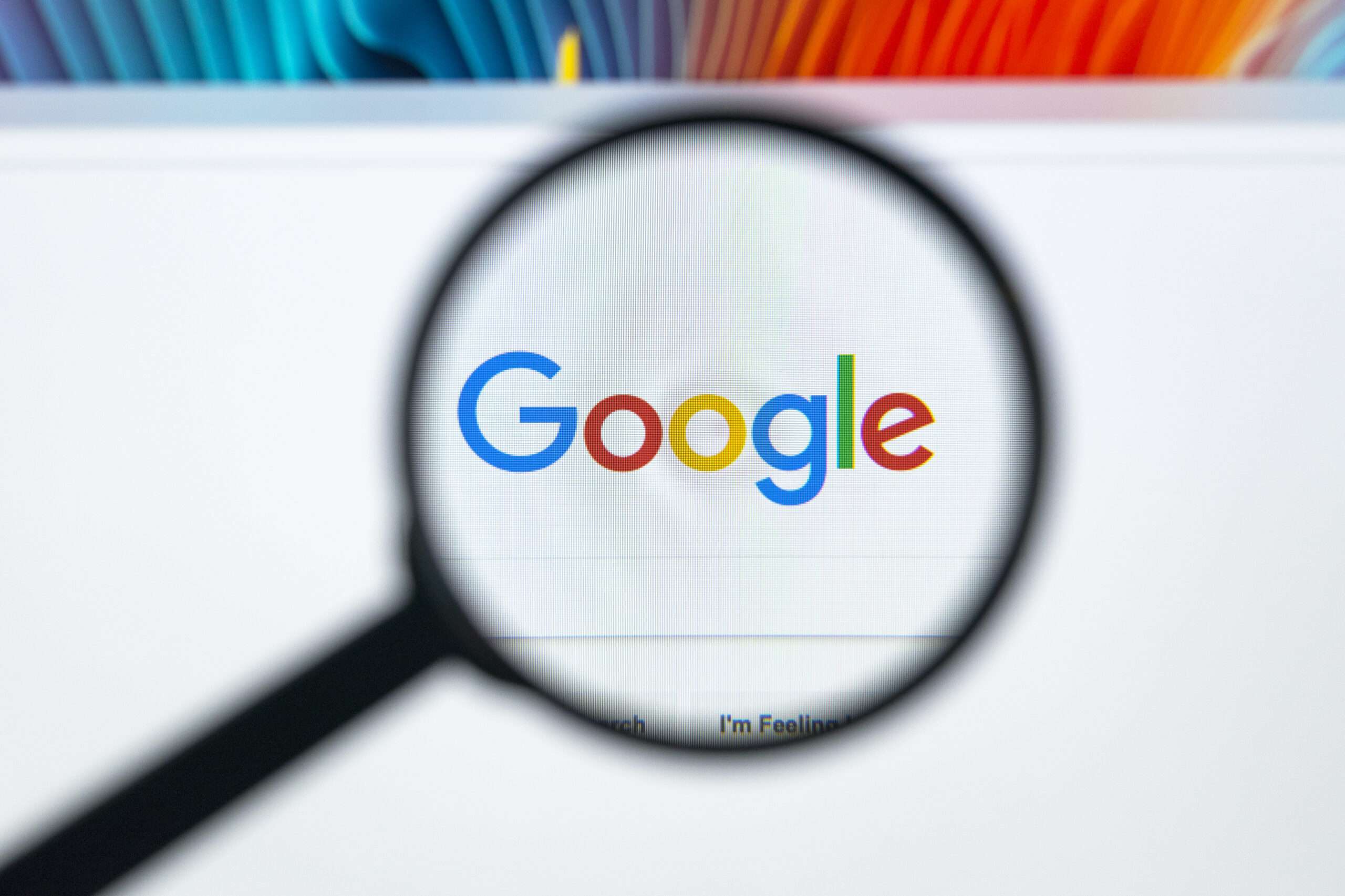The Department of Justice (DOJ) released its “Proposed Remedy Framework” for the Google antitrust case earlier this month, indicating that it is considering breakup measures for parts of Google’s business, alongside other strategies, to curb the company’s dominance. The efficacy of the recommendations is questionable. What is certain, however, is that there will be consequences consumers and manufacturers will incur from a less dominant Google.
The federal court case, referenced in the framework, was decided in August and held that Google is an illegal monopoly. In the decision, Judge Amit P. Mehta of the U.S. District Court for the District of Columbia argued, somewhat inconsistently, that Google had cemented its dominance by hiring the best people and innovating constantly, but also mainly because of the advantageous “default distribution” deals that made Google the default search engine on browsers and devices.
The DOJ report hints at a possible forced breakup of Google via “behavioral and structural remedies” to prevent the company from using its ownership of “products such as Chrome, Play, and Android” to its advantage. Other measures include preventing Google from paying other companies for “default distribution” and forcing the company to share its search data to benefit competitors.
Jessica Melugin, director of the Center for Technology and Innovation at the Competitive Enterprise Institute, tells Reason that a forced decoupling of Google and Android is unlikely given Android’s lack of direct involvement in the case. But considering the current antitrust atmosphere, “I no longer rule anything out,” she says.
The hodgepodge of possible remedies listed in the DOJ report is “a wish-list from rivals about what would make their lives easier,” Melugin adds. But perhaps more importantly, it does not account for the negative consequences consumers would feel.
A Google without Android would translate into higher prices for phones, Melugin notes, because of how “Google’s search advertising revenue internally subsidizes Android.” Consumers have already expressed their preference for Android phones with Google software; breaking them apart, Melugin says, would have the consumer bear the financial burden.
It will be up to Mehta to decide whether or not to implement the changes recommended by the DOJ and to what extent. Individually, each of the proposed remedies carries with it the risk of adversely impacting the quality of Google’s search engine—used by 80 percent of people globally—while failing to actually curb Google’s dominance.
Even if either the Chrome or Android businesses are detached from Google, nothing would stop the company from continuing to favor Chrome in its devices or paying the new owners of Android to keep Chrome as the default search engine. If both are removed, then developers lose one of the main appeals of both Chrome and Android: their compatibility across platforms. Not allowing Google to pay for “default distribution” would remove a large revenue source from companies that would most likely continue using Google.
Take, for example, Apple, one of the few companies with the current capabilities to challenge Google in the search engine space.
The original Google antitrust case revealed that the estimated cost to build a new search engine is about $20 billion, plus $3-4 billion per year in annual research and development. Forcing Google to share its data could motivate Apple to develop its long-planned search engine at a reduced cost. Apple, however, has long had the capability to make a Google competitor, and yet they have opted to keep accepting Google’s lucrative default search engine contracts.
In testimony during the DOJ’s trial against Google, Apple’s Senior Vice President of Services Eddy Cue defended Google, stressing that Apple had not developed its own search tool because Google is clearly the best option.
Consider Microsoft’s browser, Edge: Despite trying everything under the sun to coax Microsoft computer users—approximately seven out of every ten computers globally—the browser still trails Google Chrome considerably. In a similar vein, the European Union attempted to water down Google’s dominance by forcing the company to offer a search engine choice screen on its devices. Google’s dominance remained largely unaffected.
“The market has exhibited a very clear preference for Google services like Chrome and the Google search engine,” Dirk Auer, director of Competition Policy at the International Center for Law and Economics, tells Reason. This is true, he says, “in spite of regulators, particularly in Europe, trying to essentially force consumers to make an enlightened decision about which service they prefer.”

